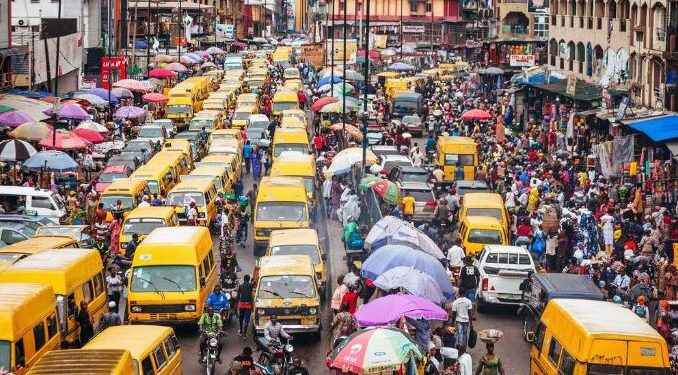
The Lagos State Government has revealed that residents lose an average of four hours each day to traffic congestion, resulting in an estimated N4 trillion annual loss in productivity.
A significant portion of this gridlock, especially along the Lekki-Epe industrial corridor, is attributed to the disorganised movement and indiscriminate parking of tankers and trailers.
The announcement was made on Friday by Sola Giwa, the Special Adviser to the Governor on Transportation, in a statement reported by the News Agency of Nigeria (NAN).
“According to Giwa, Lagos residents lose an average of four hours daily to traffic congestion, resulting in an estimated four trillion naira loss annually.
“Giwa attributed much of the gridlock to unregulated parking, disorderly loading and unloading activities on major logistics routes,” the NAN report read in part.
Giwa noted that to tackle persistent traffic gridlock, the Lagos State Government has made it mandatory for all tankers and articulated trucks operating along the Lekki-Epe corridor to register via its Electronic Call-Up (e-Call-Up) system, with enforcement set to begin on June 16.
He said the initiative aims to streamline logistics, improve road safety, and restore order along one of the state’s busiest freight corridors.
More insights
The E-call-up platform will require operators to upload their Authority to Load (ATL) documents and pre-book parking slots before entering the city.
- Giwa explained that the enforcement framework is the result of over two years of stakeholder engagement and forms part of the state’s broader transportation reform. Non-compliant vehicles risk being denied entry or impounded.
- To support the initiative, Giwa noted that the Lagos State Government has approved the development of seven dedicated truck parks along the corridor, equipped with restrooms, kitchens, and electricity to improve driver welfare.
Giwa added that the platform will also gather real-time data on cargo movement and travel schedules, enabling better slot allocation and coordination with industrial zones and the Lekki Port.
What you should know
- The Lekki-Epe corridor hosts key infrastructure, including the Lekki Deep Sea Port, Dangote Refinery, and several industrial estates, which have spurred a sharp rise in truck activity and worsened congestion in recent years.
- Though enforcement on the Lekki-Epe axis is new, the e-Call-Up system was first introduced by the Nigerian Ports Authority in 2021 for the Apapa and Tin Can port corridors.
- It was launched on the Lekki corridor in September 2024 but suspended in March 2025 after consultations with key stakeholders. With enforcement now resuming, the state government appears determined to curb the economic losses caused by unregulated truck movements.
